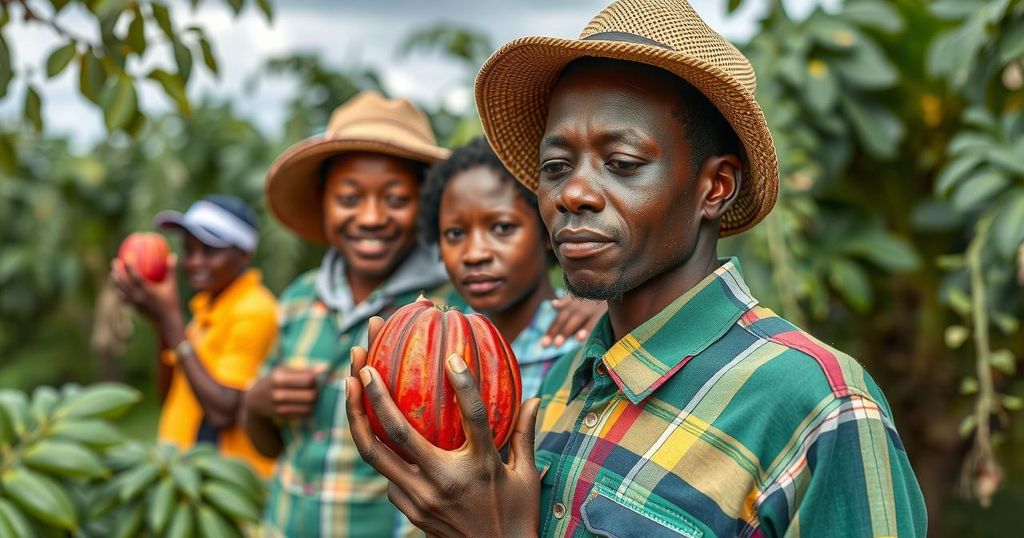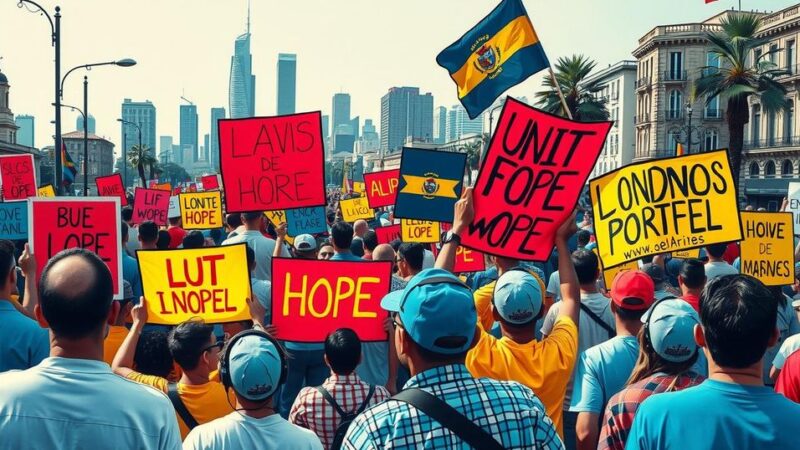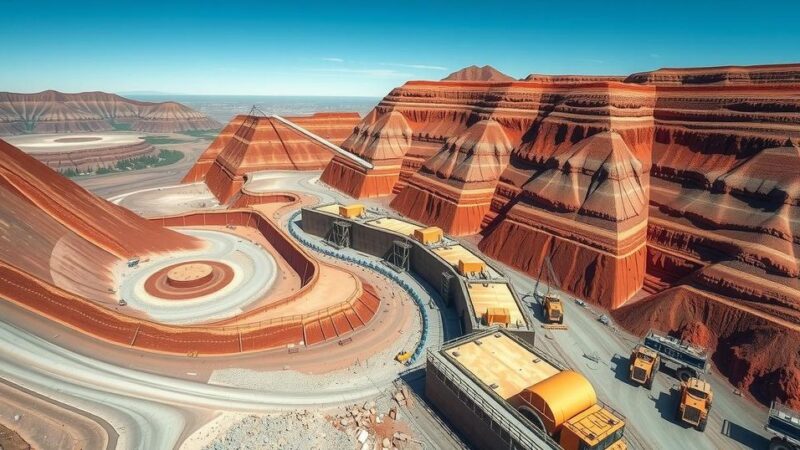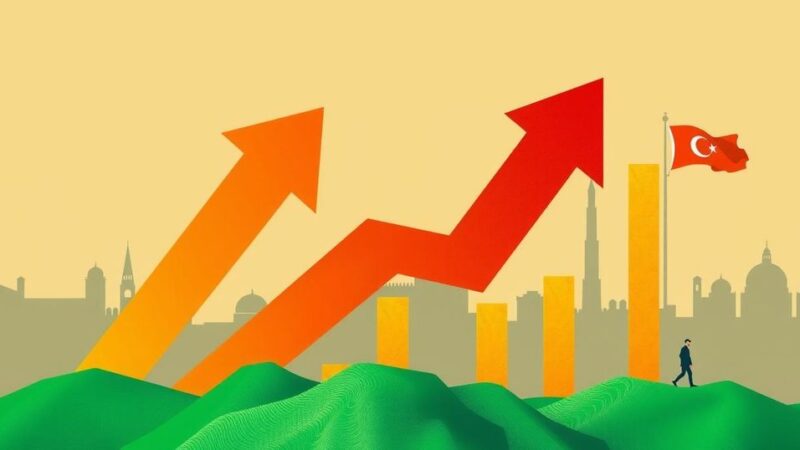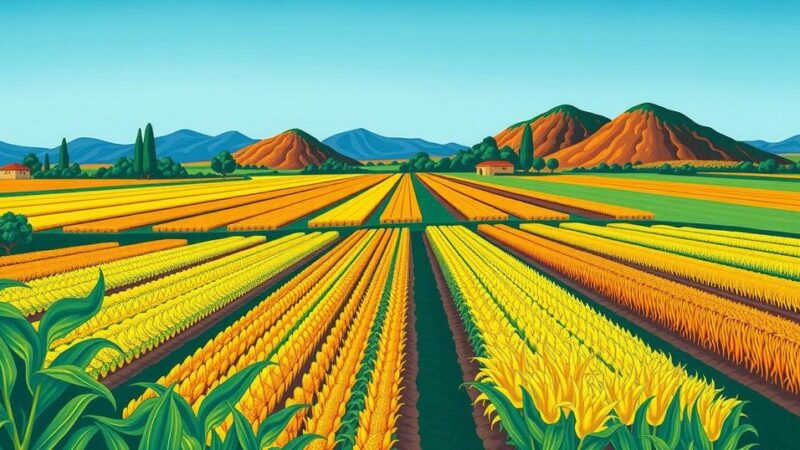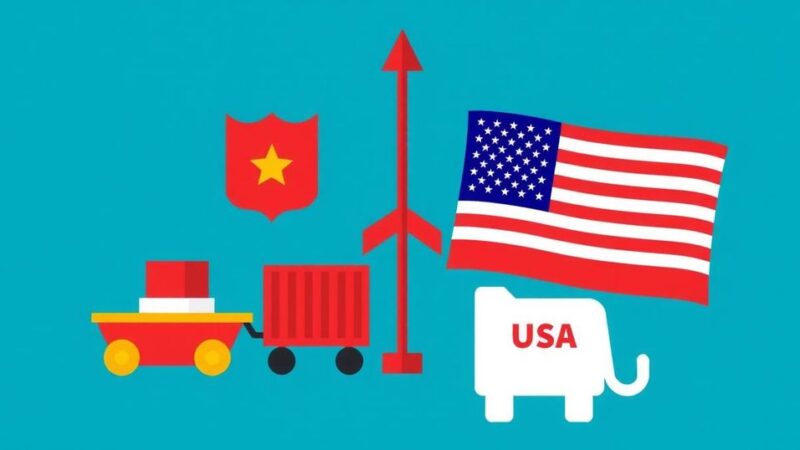Ghana’s cocoa farmers, vital to the economy, face dire challenges due to climate change, resulting in decreased yields and soaring costs. Initiatives to modernize farming are insufficient, and upcoming elections offer a pivotal opportunity for candidates to provide robust support measures amid growing frustrations within the sector.
In Ghana, cocoa farmers like 75-year-old Kate Buadu are grappling with the adverse effects of climate change on their livelihoods. Farmers have reported significant declines in cocoa production due to erratic weather patterns, pests, and diseases, resulting in a harvest drop of nearly half. Ghana, the second-largest cocoa producer in the world, relies heavily on its cocoa sector, which employs over one million farmers and contributes substantially to its economy. However, increased production costs and a poor yield have led to skyrocketing cocoa prices, subsequently affecting chocolate affordability for consumers.
To illustrate the severity of the challenges, farmer Akua Donkor described the detrimental impacts of diseases such as black pod and swollen shoot, emphasizing their increasing presence due to changing climatic conditions, which complicate the already strenuous farming process. With rising production expenses exacerbated by a depreciating currency, farmers are at a crossroads, fearing the loss of their livelihoods unless immediate action is taken.
Cocoa merchants are experiencing a crisis as well, as declining harvests mean fewer beans are available to meet industry demands. The situation has forced some farmers to consider switching to more stable crops in order to secure their livelihoods, threatening the entire cocoa supply chain. Simultaneously, smaller chocolate manufacturers face rising costs that have driven the price of locally produced chocolate significantly higher.
Ghana’s government has endeavored to modernize agricultural practices and increase cocoa prices; however, farmers assert these initiatives are insufficient to address pressing concerns. Alternatives such as organic cultivation and diversified agroforestry are being promoted, yet implementational challenges remain. Experts argue that more robust private sector engagement and innovative support for farmers are crucial for adapting to climate change.
As Ghana approaches presidential elections, candidates are delineating plans to support cocoa farmers. Enhanced agricultural policies, such as irrigation and resource centers, are being proposed. However, critics argue that efforts must also focus on tackling deforestation, a significant driver of climate change effects, through concrete policy frameworks and regulatory enforcement. The deteriorating environmental conditions directly compromise cocoa farming viability, necessitating immediate governmental action to protect both farmers and the delicate ecosystems they rely upon.
The cocoa industry serves as a vital economic pillar in Ghana, being the world’s second-largest producer, following Ivory Coast. Cocoa farming employs over one million Ghanaians, and its significance to the nation’s economy is underscored by contributions exceeding 10% to the country’s gross domestic product. Amidst climatic challenges, including erratic rainfall and rising pests and diseases, farmers have been receiving alarming reductions in their cocoa yields. Moreover, the rising costs of production materials and the depreciation of the local currency have compounded their challenges, impacting both supply and consumer pricing.
In summary, Ghanaian cocoa farmers are facing profound challenges brought about by climate change, leading to decreased yields and increased production costs. While government efforts exist, immediate, well-structured policies and support systems must be bolstered to alleviate the difficulties encountered by farmers, ensuring the sustainability of cocoa production. The upcoming elections present an opportunity for candidates to assert their commitment to improving conditions for cocoa farmers and addressing the environmental threats undermining this critical sector.
Original Source: theworld.org
